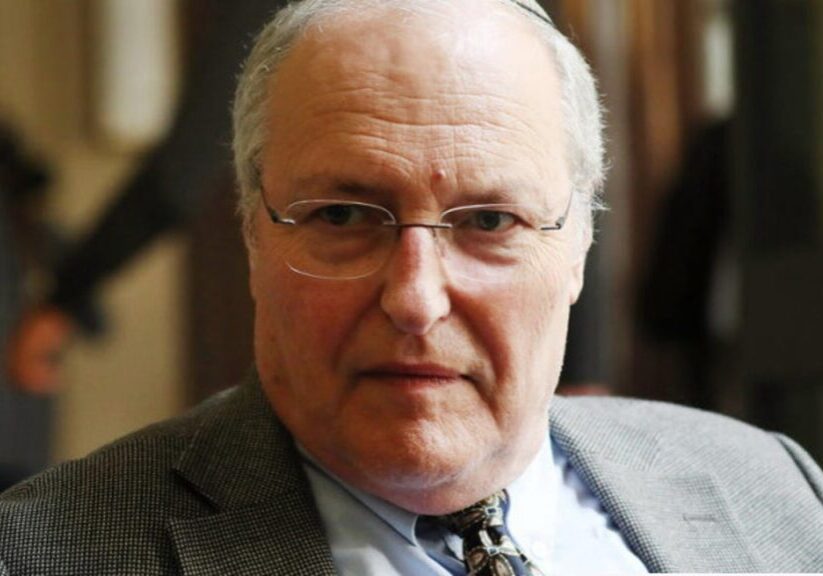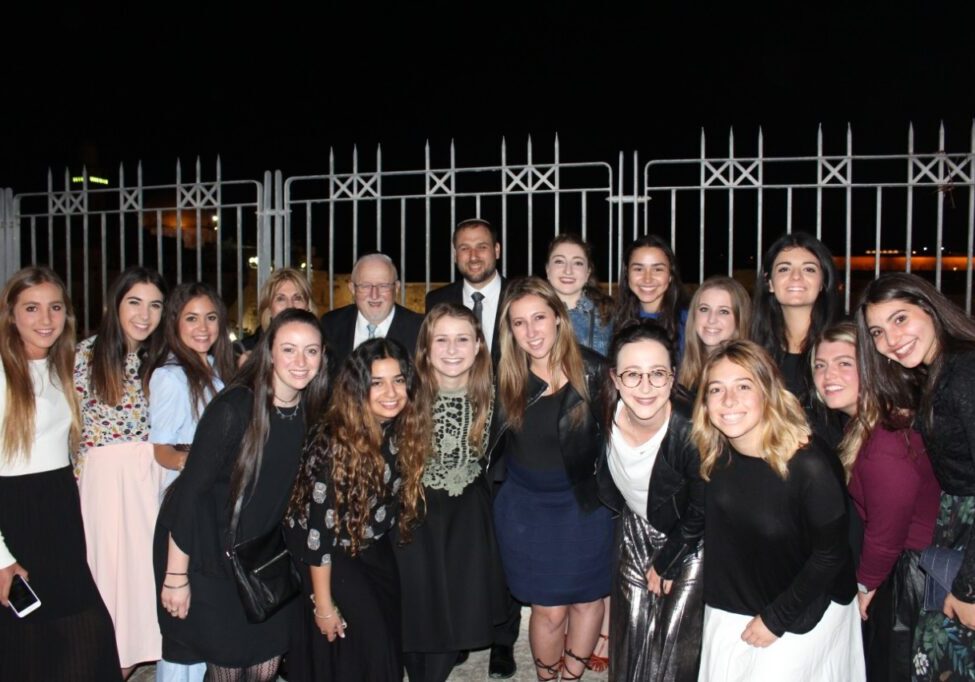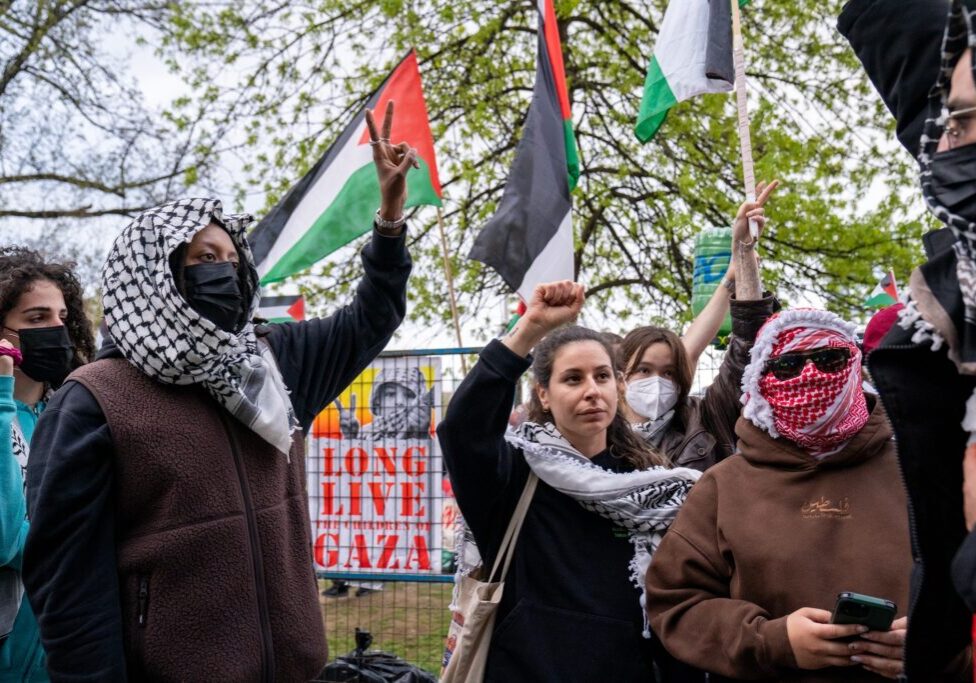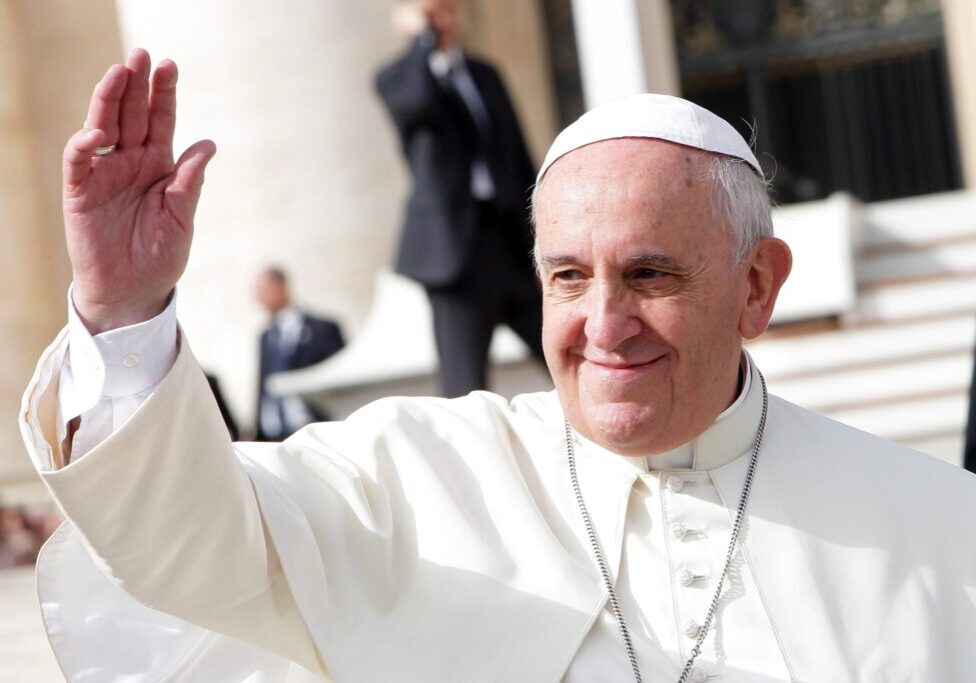Australia/Israel Review
Europa Europa: The Quest for a Quiet Life
Feb 3, 2022 | Alex Benjamin
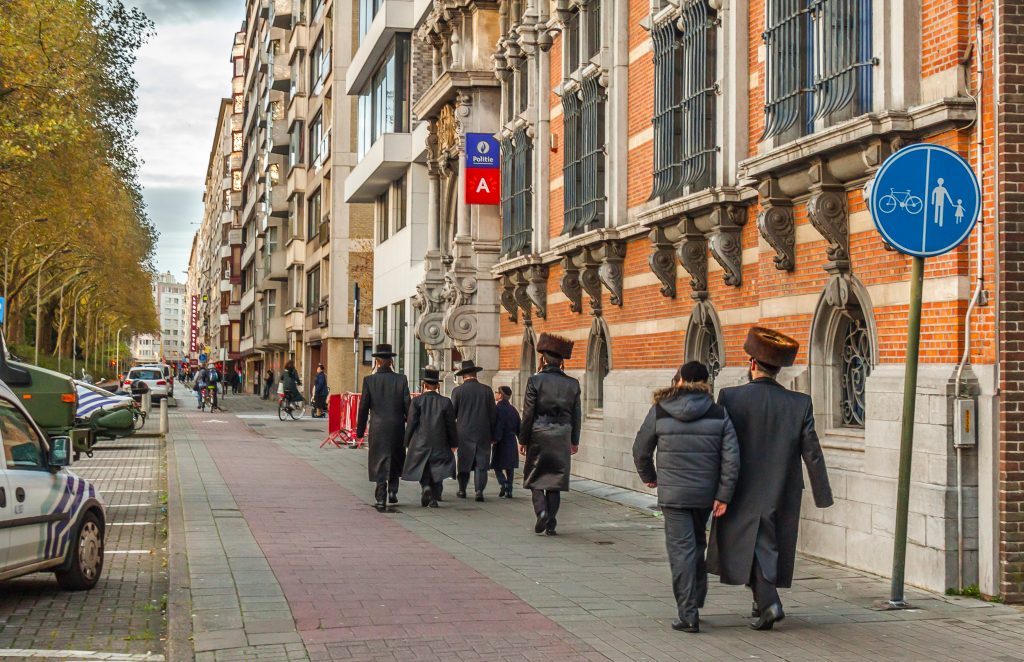
“Progress would be wonderful – if only it would stop,” said Robert Musil, the Austrian author whose books were banned by the Nazis and who ended up escaping with his Jewish wife to Switzerland, where he died in 1961.
It seems an innocuous enough quote, but encapsulates how a lot of Jews feel about life in Europe today.
I’ll explain. Jews in Europe just want a quiet life. No fuss.
It’s a desire for life to stand still at any given moment of time. It might not be the most auspicious time. It might not be the most exciting time. But it’s a moment of relative comfort. And you know what tomorrow will bring. I’m not talking politics. Or implying that all Jews are conservative. I’m talking about life itself. A simple life.
In 2021, Jews across Europe dealt with: kosher meat bans in Belgium, Greece and Cyprus (and almost in Poland); rising antisemitism in most countries; vitriolic fallout after the Gaza war; and students on campus targeted and ‘cancelled’ for being Zionists.
We’ve had anti-vaxxers using the yellow star; governments removing army security from Jewish buildings and openly discussing banning circumcision (Belgium again); and conspiracy theories about Rothschild money being behind the COVID-19 pandemic. I could go on (and on and on).
When I was asked to write a piece about Europe in 2022 from an Israel/Jewish perspective, I thought of three elections. One, German, has already happened. Two, in France and Hungary, lie ahead.
Germany first. Olaf Scholz is the new chancellor – the first Social Democrat to occupy the post since 2005. The youth wing of his party passed a resolution referring to Fatah as its “sister organisation”. His coalition of Greens and Free Democrats could be generously described as flaky on Israel, and after the Gaza war, a Germany that had hitherto been a bastion of boring reliability saw riots and the burning of Israeli flags.
The post-war generation, still dealing with the fresh bloodstains from the Shoah, was more circumspect. Jews were supported. The State of Israel was viewed by many as an essential response to the horrors committed in the name of the German people. Whether out of guilt or genuine conviction was of little import: it meant stability for Jews, an ability to wear a kippah [Jewish skullcap] in public without fear.
We cannot and must not ignore the elephant in the room either: migrants and refugees from the Middle East have also changed the political dynamics in Western Europe. Never enamoured of the world’s only Jewish State to begin with, they brought this baggage with them to largely poorer areas where the Left tends to do best electorally, making the Palestinian cause a vote winner for left-wing German politicians.
That elephant, like Hannibal’s, has no difficulty crossing into France. France and its Jews have a tumultuous history. Dreyfus, Vichy, a strong Catholic tradition that tolerated, rather than welcomed, Jews. But in the post-war years, relative calm, relative peace. It would be a massive oversimplification to say Jewish life flourished, but we were left alone, by and large.
Then the elephant stomped all over that in the form of identity politics. The French stick to their post-revolutionary laïcité [political secularism] with fervour, and seeing the erosion of this sacrosanct principle within portions of the Islamic community, began a political war on clothing and religious/cultural signifiers. And the Jews got dragged into it. First on the kippah, then on Israel (the colonial narrative is a particularly sensitive one in France given Algeria), and so French Jews found themselves in a similar bind to their German brothers and sisters. The French election this year pits the centre against the far-right dogma of Jewish far-right leader Eric Zemmour or staunch nationalist Marine Le Pen. Lovely.
Which brings us neatly to Hungary and Victor Orban, a proponent of a new kind of politics – ‘illiberal democracy’ – who views Middle Eastern migration as a threat to Hungary’s Judeo-Christian values. He has little time for the European Western liberal democratic model and sees it as failing (whilst disingenuously, in my opinion, milking the EU funding teat until it is dry). But one can say this about Hungary: few elephants to speak of. It is consistently viewed in survey after survey of Jewish communities as one of the safest countries for Jews to live in.
I hope this gives you a sense of the terrible choice facing Jews in Europe in 2022. The direction that the Western liberal democratic states are going in is uncertain, difficult and increasingly hostile to us, our faith and to the State of Israel – an essential part of international Jewish life today. Then there are the largely ‘elephant-free’ countries such as Hungary and Poland that offer, despite their illiberalism, a relatively peaceful life.
Personally, I’m with Musil. If this choice is what passes for progress today, I can do without it, thanks very much.
Happy 2022.
Tags: Europe, International Jewry

